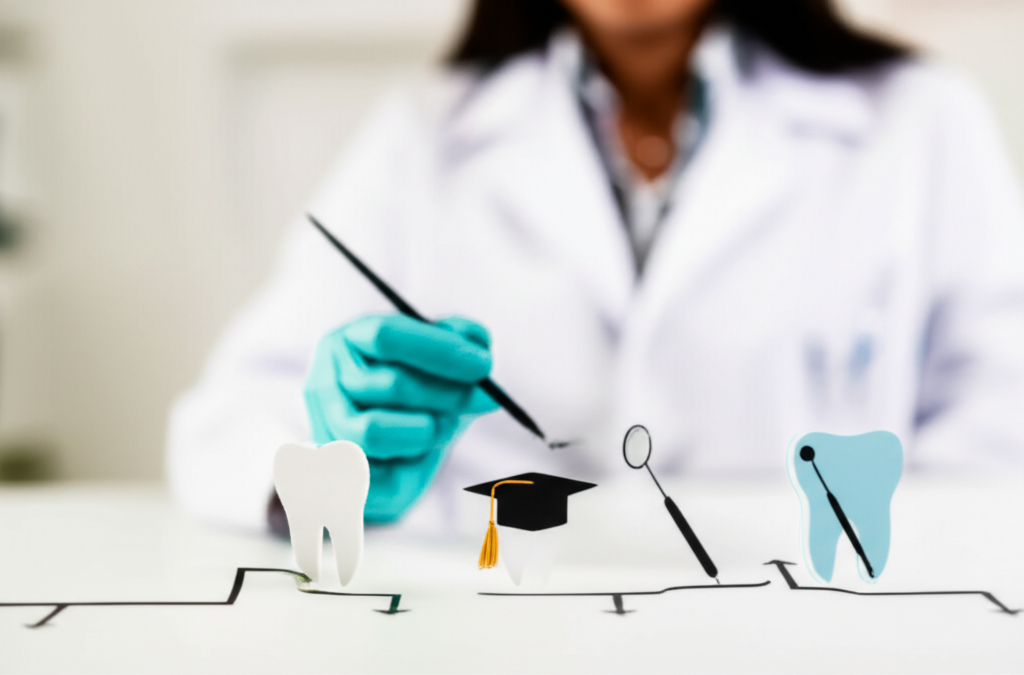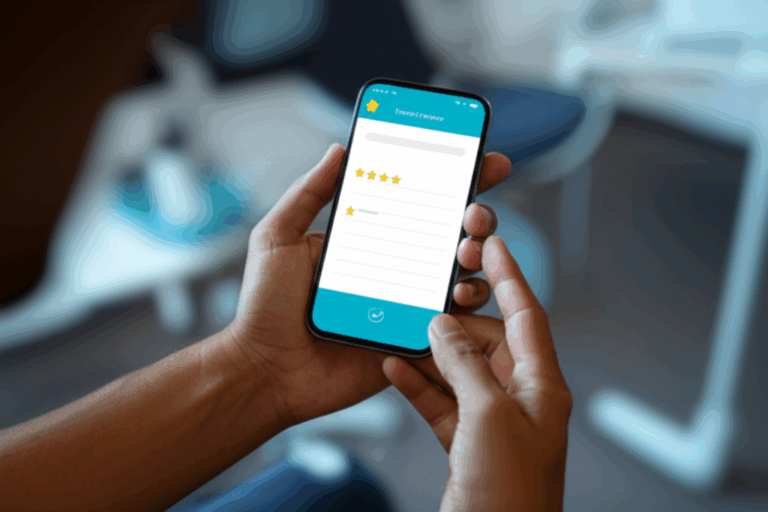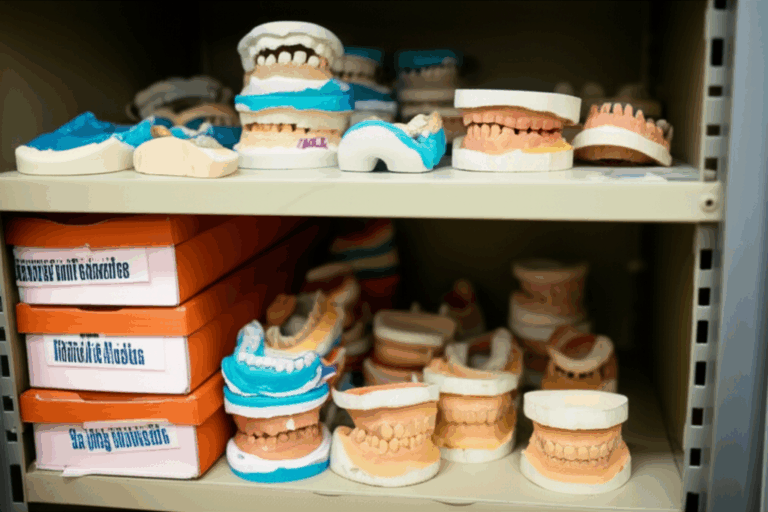
How Long Does It Take to Become a Pediatric Dentist? Your Complete Timeline Guide
Do you dream about making kids smile every day? Do you like helping children feel better and healthier? Being a pediatric dentist is a big adventure and a job where you can feel proud. But before you start, you probably want to know: How long does it really take to become a pediatric dentist? In this article, you’ll get the full story from beginning to end, broken into clear steps, with examples, simple words, and a friendly tone. By the end, you’ll feel ready to plan your own way for this awesome dental career!
Table of Contents
1. Introduction: Why Learn How Long It Takes?
Let’s be real—thinking about becoming a pediatric dentist is a big choice. You want to plan your life, maybe with school, family, and work. You probably wonder:
- How many years will I spend in school?
- What steps do I need to take?
- Will it take longer if I take a break or change my mind later on?
Knowing the steps and time helps you get ready, save money, and pick the right time to start. Lots of students—maybe like you—feel worried or curious before they start. But don’t be scared. I’ve been through it, and I’ll guide you every step of the way.
2. What Does a Pediatric Dentist Do?
A pediatric dentist is a special dental doctor for kids, from babies to teenagers, and even some adults with special needs. These dentists:
- Clean, fix, and protect children’s teeth
- Teach families about brushing, flossing, and healthy food
- Help kids who are scared of the dentist feel safe and comfortable
- Treat babies with their first little teeth and teens who might need braces
- Work with children who have special health needs
Imagine seeing lots of little smiles every day and helping families. That’s a big reason many people pick this path. But how do you get there?
3. How Many Years of School Does a Pediatric Dentist Need?
Let’s get to it—the average time is 10 to 11 years after high school. Sounds like a lot? Let’s see where those years go.
| Step of Education | Typical Length | What You Do Here | Total Years So Far |
|---|---|---|---|
| 1. College (Bachelor’s) | 4 years | Study science, get ready for dental school | 4 |
| 2. Dental School (DDS or DMD) | 4 years | Learn and practice as a dentist | 8 |
| 3. Pediatric Dental Residency | 2-3 years | Train with children and special needs | 10-11 |
| 4. Board Exams & Licensing | 1-2 years* | Get certified and licensed (can overlap) | 11-13 |
*Sometimes board exams and licenses happen during or right after residency.
So, at the very least, you need 10 years. Really, it takes about 11 to 13 years if you count all exams and waiting times. Some people take a break or need extra classes, so you could spend even more time—but that’s okay and pretty common.
4. What Classes Do You Take to Become a Children’s Dentist?
Now, let’s talk about what school is like.
College/Undergraduate Degree:
- Major in Biology, Chemistry, or another science
- Classes: Biology, Chemistry, Organic Chemistry, Physics, and sometimes Math
- Activities: Get ready for the Dental Admission Test (DAT), volunteer, follow dentists, and maybe help with research
Dental School:
- Classwork: Human Body, Teeth Science, Disease Prevention, and more
- Hands-On: Practice cleaning, fixing, and pulling teeth with real patients (with help from teachers)
- Learn about dental rules and how to care for patients
Pediatric Dental Residency:
- Focus: Growing kids’ teeth, handling behavior, dental emergencies, sedation dentistry, and hospital care
- Learn how to help those who are nervous or have special health needs
Through these years, teachers, mentors, and friends will want to help you get there.
5. What Exams and Tests Do You Need to Pass?
Becoming a pediatric dentist isn’t just about showing up in class. You need to pass some big tests along the way:
- Dental Admission Test (DAT): Before you can go to dental school
- National Board Dental Examination (NBDE or INBDE): To show you know what you’re doing during dental school
- State Licensure Exams: Each state has its own test, like the ADEX exam, before you can be a dentist
- Board Exams by the American Board of Pediatric Dentistry (ABPD): Written and spoken exams, after your specialty school (to become a specialist)
Passing these tests feels great, and you’ll know you can help kids every day. But yes—they need a lot of study and work!
6. What is Pediatric Dental Residency Like?
What’s residency? Think of it as hands-on, real training, after dental school, just working with kids and teens:
- How long: Usually 2 to 3 years
- Where: University or hospital
- What you do: Help babies, kids, and teens; treat special needs patients; work in hospitals; learn about sleep dentistry and pain control, handle emergencies
- Extra stuff: Some programs give you a master’s degree or extra research
You’ll learn from experienced pediatric dentists, working on real cases, and sometimes helping in clinics. Every day is different!
A good residency gets you ready for the big exam: the board certification test. It also helps you become a real expert.
7. How Do You Get Certified and Licensed?
After you finish school, you’re almost done—but you still need a license to work, and you might go for board certification to stand out.
State License:
- Every state makes you take a test on real patients
- You also need a background check, proof from your school, and maybe extra safety classes
Board Certification:
- Not needed by law, but many pediatric dentists do it
- The American Board of Pediatric Dentistry (ABPD) gives you a written test after your residency
- Once you pass, you do an oral test—doctors ask what you’d do in tough situations
- When you pass, you become a “Diplomate,” which means you’re a top expert
Getting board certified can help you get better jobs, earn more, and show families you work hard for their children’s smiles.
8. What Might Change the Years Required?
Life doesn’t always go the way you expect. Here are some things that can change your timeline:
- Gap Years: Maybe you want a break between college or dental school. You might work, travel, or think about your next move. Lots of people do this!
- Fast-Track Programs: Some schools let you finish college and dental school faster, maybe in 6-7 years total. These programs are rare and hard to get into.
- Residency Lengths: Most pediatric dental residencies are 2 years, but some are 3 years. Check each program before you apply.
- Waiting to Get In: Sometimes you need to wait a year to get into dental school or residency, depending on when you apply or if you don’t get in the first time.
The truth is—it’s fine if your path takes longer. What matters is finishing strong and being proud of yourself.
9. Why Might Someone Want to Become a Pediatric Dentist?
Let’s be honest: this is a long path. So why would anyone choose it?
- You love working with kids and making a real difference
- You like science and figuring things out
- Job outlook is good—families always want dental care for their kids
- Pediatric dentists use special skills, like calming nervous or special needs patients
- The job lets you be a leader in your town
- Good pay compared to many health jobs
- Many pediatric dentists open their own office—check out china dental lab if you want to see how dental offices work with labs!
Families count on you, as a pediatric dentist, to keep their kids happy and healthy.
10. Is It Worth the Time and Effort?
You might feel a little scared—so many years of school, exams, and training. Is it really worth it?
Let’s use the PAS method:
Problem: The time is long; the steps can be confusing, and you might not be sure if it’s the right choice.
Agitate: What if you spend 10 years in school and aren’t happy with the job? What if you wish you’d picked something simpler or faster?
Solution: When you finish, you’ll have skills you’ll keep forever. You’ll go to work each day knowing kids grin because of you. You’ll get a respected job, nice pay, and a steady career—even if other jobs go away. Plus, you can always work with top dental labs, like a digital dental lab, to use the newest treatments.
In short: Yes—it’s hard work, but the rewards last a lifetime.
11. Frequently Asked Questions (FAQ)
Q: Can I become a pediatric dentist if I study something other than science in college?
A: Most people study Biology or Chemistry, but you can pick any major if you still finish the needed science classes. Look at school websites for the classes you need.
Q: Is pediatric dental residency paid?
A: You might get a salary as a resident, but it’s much less than a normal dentist makes. It’s enough for rent and food during training.
Q: Must I get board certified to work as a pediatric dentist?
A: Board certification isn’t required, but most specialists get it. It helps you get noticed by families and jobs.
Q: What’s the difference between DDS and DMD degrees?
A: They are the same—just different school names. Both mean you are a dentist.
Q: Is there a dental lab that helps with crowns for pediatric dentistry?
A: Yes! Many pediatric dentists work with a crown and bridge lab or even a dental ceramics lab for special cases needing crowns.
12. Key Points to Remember
- Becoming a pediatric dentist takes at least 10 years after high school: 4 years of college, 4 years of dental school, and 2-3 years of residency.
- You need to pass several big exams, like the DAT, NBDE/INBDE, state license, and ABPD board tests.
- The timeline can change if you take breaks, try for fast programs, or need extra time for applications.
- Pediatric dentists are special doctors for kids, helping them grow strong, healthy smiles.
- The job is rewarding, has a good job outlook, and lets you be part of families’ lives.
- Don’t forget to ask dental pros and mentors if you have questions—many, like Dr. Joe Dental, have already been on your path and can help.
- For special items, many dentists work with expert labs, such as a zirconia lab, for top-quality crowns.
References:
- American Academy of Pediatric Dentistry (AAPD)
- American Dental Association (ADA)
- Commission on Dental Accreditation (CODA)
Most Importantly: If you love helping kids and want a job that really matters, the time and work are worth every minute!
Your Journey Starts Here—plan well, study hard, and keep your eyes on the prize. Make each year count, and someday, you’ll look at little smiles and know you made a big difference.








